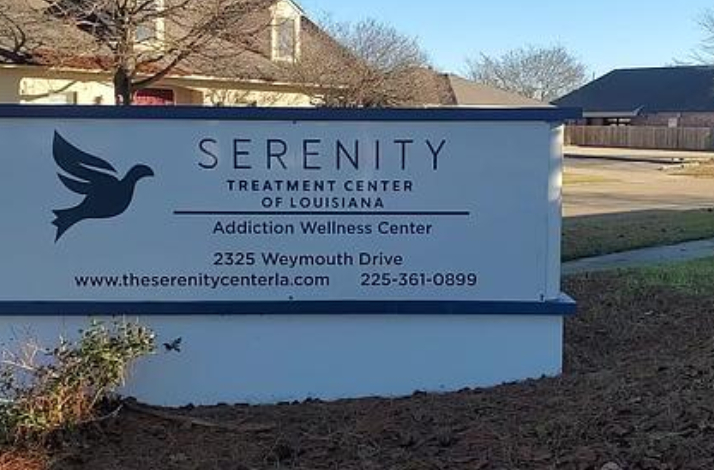There are many factors that contribute to the development of alcoholism, including genetic predisposition, environmental influences, and life stressors. However, mental health plays a significant role in determining the risk of developing alcoholism. Alcoholism is a complex disease that requires a multifaceted approach to treatment. At the Serenity Treatment Center of Lousiana, their alcoholism programs are designed to address the physical, emotional, psychological, and spiritual aspects of addiction. By providing their clients with a safe, supportive, and compassionate environment, they can begin their journey toward recovery.
In this article, we discuss the ways in which mental health specifically contributes to alcoholism, what you can do if you fear you are an alcoholic, and what to do to recover from alcoholism.
Certain Mental Health Concerns Increase Likelihood of Substance Use Disorder
Mental health conditions such as depression and anxiety can increase the likelihood of developing an alcohol use disorder due to their effect on moods and emotions. People who suffer from depression or anxiety may turn to alcohol as a form of self-medication for their symptoms, particularly if they have difficulty managing them without professional help. This can lead to a dangerous cycle whereby drinking leads to increased stress levels which then triggers further drinking in order to cope with these feelings.
Genetic Link
The link between mental health conditions and alcoholism has also been linked to genetics. Studies have shown that people who have close relatives with an alcohol use disorder are more likely to develop one themselves, regardless of their own mental state or environment. Similarly, those with a family history of substance abuse are also more at risk of developing an addiction due to both genetic and environmental influences.
Childhood Trauma and Abuse
Traumatic experiences such as childhood abuse or bereavement can increase the risk of developing an alcohol use disorder due to their psychological impact on individuals. These experiences often leave people feeling overwhelmed and unable to cope with emotions like sadness or anger without turning toward unhealthy coping mechanisms such as drinking excessively or taking drugs.
Mental Health Risks Do Not Guarantee Addiction
While these mental health risks increase the chances of becoming an alcoholic, they do not guarantee it. No risk can guarantee that someone will develop an addiction to alcohol. That is a good thing since it means that each generation has a chance to break the cycle.
However, these risks do pose a serious threat that needs to be addressed. People with high-risk factors that do not take action to minimize them stand a good chance of encountering alcoholism-related problems.
Take Action To Minimize the Risks
The best option that you have to avoid alcoholism is to take action to minimize as many risk factors as you can. This often means taking steps to separate yourself from alcohol use. Also, seeking mental health help for specific risk factors, such as trauma and abuse, can have a substantial impact on your ability to fight alcoholism.
Take Steps to Recover
Unfortunately, many people are unaware of their specific risk factors for alcoholism and fall into alcohol abuse as a means of coping with their situation. It is never too late to seek help for alcoholism. In fact, seeking treatment for alcoholism should include examining the root causes including mental health that led to the alcoholism.
Contact Serenity Treatment Center of Louisiana
At the Serenity Treatment Center, our Alcoholism Programs offers a range of treatment programs that are tailored to meet the unique needs of each individual client. Our alcoholism programs are based on evidence-based practices that have been shown to be effective in addressing alcohol addiction. We offer a range of treatment options, including individual counseling, group therapy, family therapy, and medication-assisted treatment. Take the first step toward recovering from alcoholism by getting the help you need. Contact the Serenity Treatment Center of Louisiana by calling us at (225) 361-0899 or filling out our online form.









